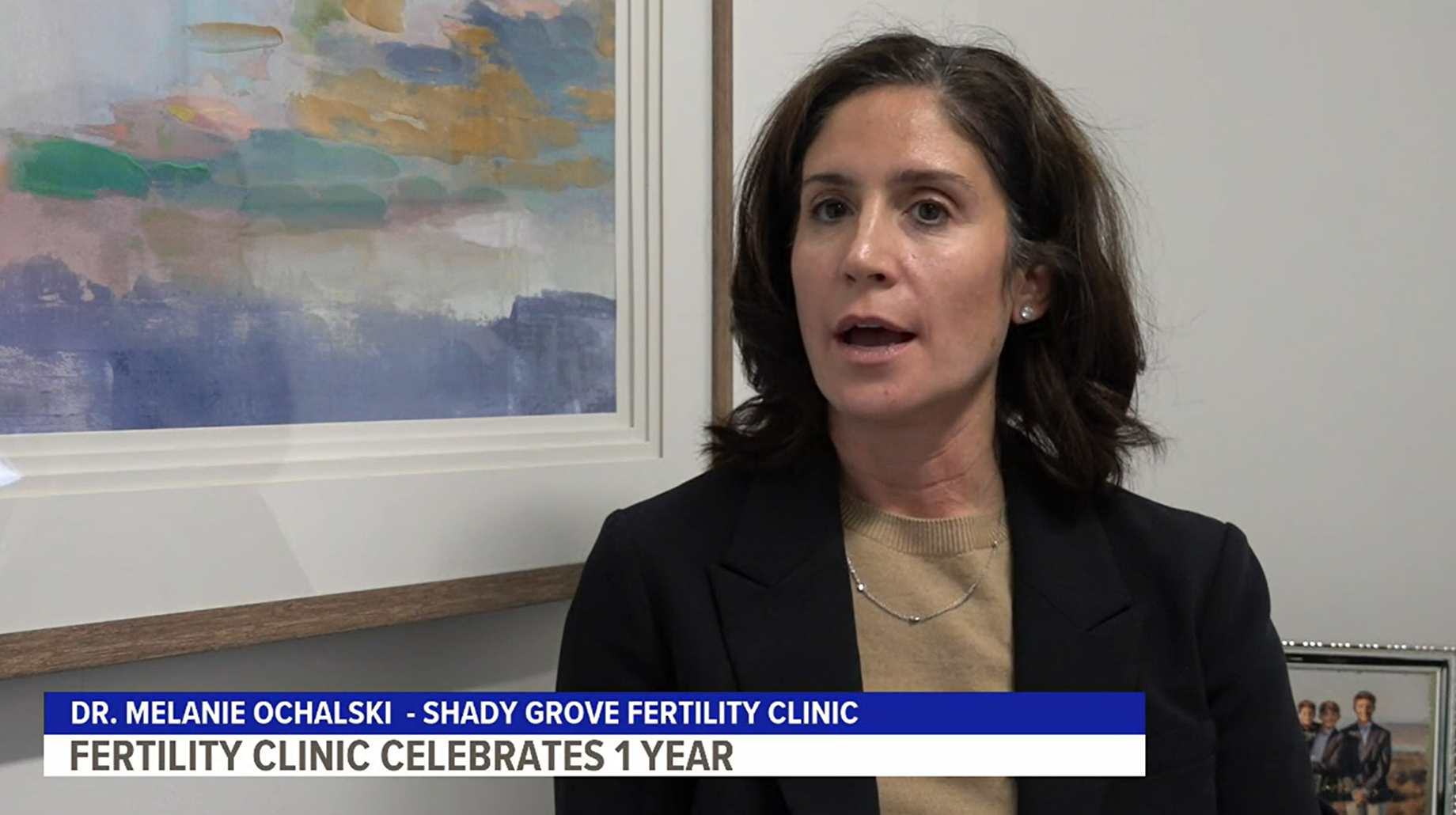
On Tuesday, August 16, 2016, Dr. Jason Bromer, from Shady Grove Fertility’s Frederick, MD, office talked to the Frederick News Post about the struggles many overweight women face when trying to conceive. In addition, there have long been strong ties between obesity and pregnancy complications.
Bromer estimates that up to a third of his patients struggle to conceive because they are overweight. He encourages those patients to take control of their weight, stating “once pointed in the right direction, the problem is almost always fixable.”
Obesity and Pregnancy: The Impact on Your Hormones
Excessive weight most commonly affects your reproductive hormones, which often results in irregular ovulation, hindering the potential for conception.
Bromer says that among overweight women he sees more cases of polycystic ovary syndrome (PCOS)—which is the most common ovulatory disorder among women of reproductive age. Women with PCOS experience a hormonal imbalance that interferes with the signal between her brain and her ovaries. The condition can often involve small ovarian cysts, and can later lead to diabetes and heart disease if untreated.
Obesity and Pregnancy Complications
Not only are women with a body mass index (BMI) above 35 at greater risk for infertility, they are also more likely to experience miscarriage, according to Bromer. Overweight and obese women generally are more likely to lose a pregnancy because their uterus can be a less hospitable environment for an embryo to implant and grow well. Additionally, overweight and obese women have a higher incidence of gestational diabetes and high blood pressure, and are more likely to need a cesarean section, explains Bromer.
One the other side of the scale, underweight women also experience difficulties with conception. A few months ago, Pennsylvania-based Dr. Isaac Sasson told U.S. News about the problems underweight women and women recovering from eating disorders face before conception and during pregnancy.
For women who are under or overweight, Dr. Bromer says that once they achieve a healthy body weight, many times normal ovulation will resume, making fertility treatment unnecessary for conception.
Due to greater risks for both mother and child, Shady Grove Fertility does not begin fertility treatment for patients until they have reached a healthy BMI to ensure the safest, healthiest pregnancy for both mother and baby. Your SGF physician can provide details of BMI guidelines based on your personalized treatment protocol.
If you think you may have PCOS, are struggling to conceive, or would like to learn more about the link between obesity and pregnancy complications, Dr. Bromer is accepting new patients in the Frederick, MD office. To schedule a new patient appointment at one of our other office locations throughout Maryland, Pennsylvania, Virginia, or Washington, D.C. with another SGF reproductive endocrinologist, please contact our New Patient Center at 877-971-7755.






